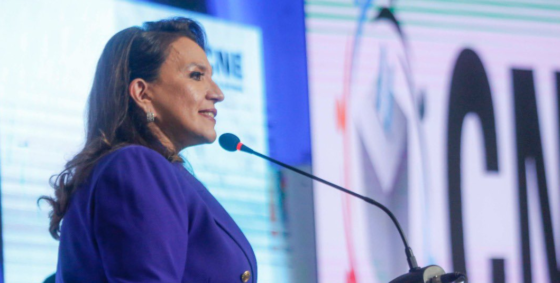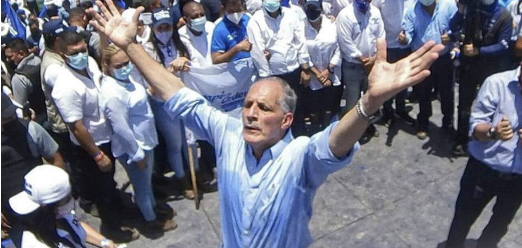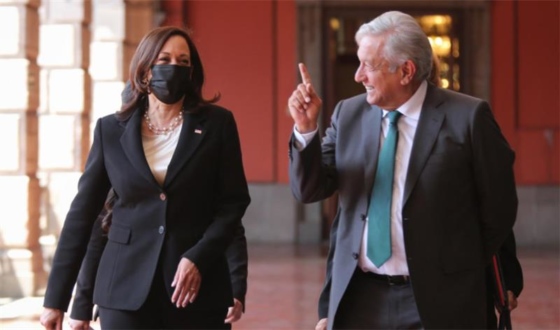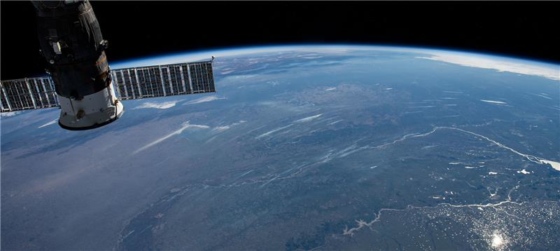
What Will Bukele’s Second Term Mean for El Salvador?
A Latin America Advisor Q&A featuring experts’ views on what President Nayib Bukele’s second term will mean for El Salvador.
A Latin America Advisor Q&A featuring experts’ views on what President Nayib Bukele’s second term will mean for El Salvador.
Experts views on the delayed inauguration President Arévalo in Guatemala.
This report offers a look at the current migration trends and points to large differences that characterize this situation as a crisis: the scale, composition, nature, and management of migration is outside conventional or historical patterns.
On Thursday October 12, 2023, the Inter-American Dialogue hosted a private event with IBI Consultants to celebrate the publication of the report “Remilitarization in Central America: A Comparable and Regional Analysis.”
A Latin America Advisor Q&A featuring experts’ views on Guatemala’s presidential election and the upcoming runoff.
To discuss the implications of the release of political prisoners in Nicaragua, the Inter-American Dialogue hosted a hybrid event titled “Between Radicalization and Prospects for Change in Nicaragua” on February 10, 2023.
The Biden administration’s new border enforcement actions may reduce some but not all migration from Cuba, Haiti, Nicaragua, and Venezuela. The measure may have the unintended result of marketing migration to those whose intention to do so was not as strong. This report recommends three differentiated steps the US should consider, including leveraging sanctions, working with the diaspora, and OAS engagement.
This report presents an updated review of the Nicaraguan situation after November 2021 and analyzes the gradual increase in repression that has devolved into systematic impunity, particularly through the closure of NGOs. It also looks at the effects of external financing, the pressure of the international community, and international sanctions. This is a research effort led by the Inter-American Dialogue.
A Latin America Advisor Q&A featuring experts’ viewpoints on ESG goals in Central America.
The report recommends leveraging remittances through financial access, education, and investment in order to strengthen economic developments and reduce the need for Central Americans to migrate in the first place.
On March 16, 2022, the Inter-American Dialogue hosted a conversation with Assistant Secretary Brian A. Nichols to discuss the Biden-Harris Administration’s efforts to tackle the root causes of migration from Central America to the United States. Michael Shifter, president of the Inter-American Dialogue, introduced the conversation, which was moderated by Manuel Orozco, director of the Migration, Remittances, and Development program at the Dialogue.
A Latin America Advisor Q&A featuring experts’ viewpoints on the outlook of Xiomara Castro’s presidency in Honduras.
A Latin America Advisor Q&A featuring experts’ viewpoints on the upcoming Honduran presidential elections.
A Latin America Advisor Q&A about Vice President Kamala Harris’ trip to Guatemala and Mexico and the Biden administration’s migration policy.
A Latin America Advisor Q&A featuring experts’ viewpoints on the creation of a space agency in Costa Rica as part of new technological innovations.
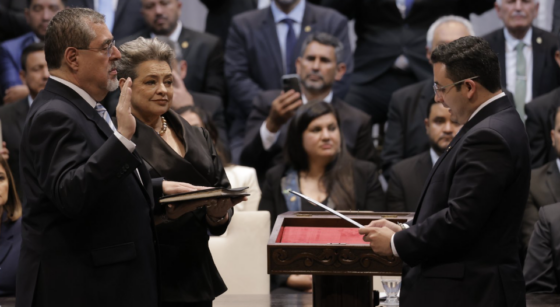
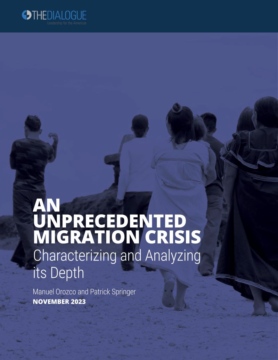


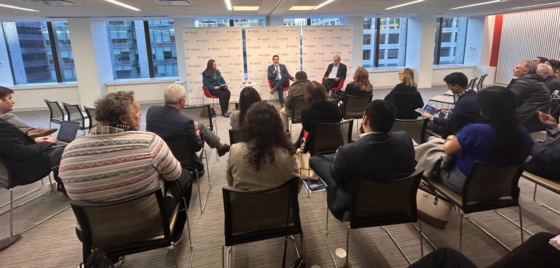 Video
Video
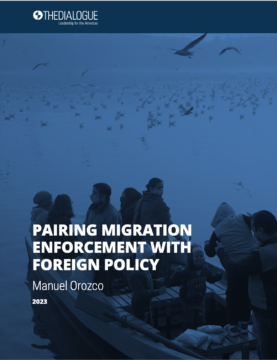
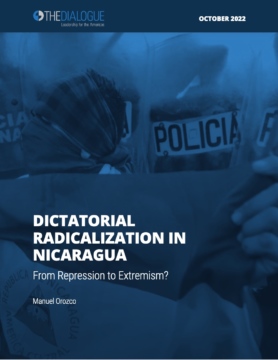

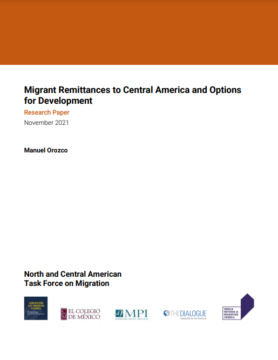
 Video
Video
